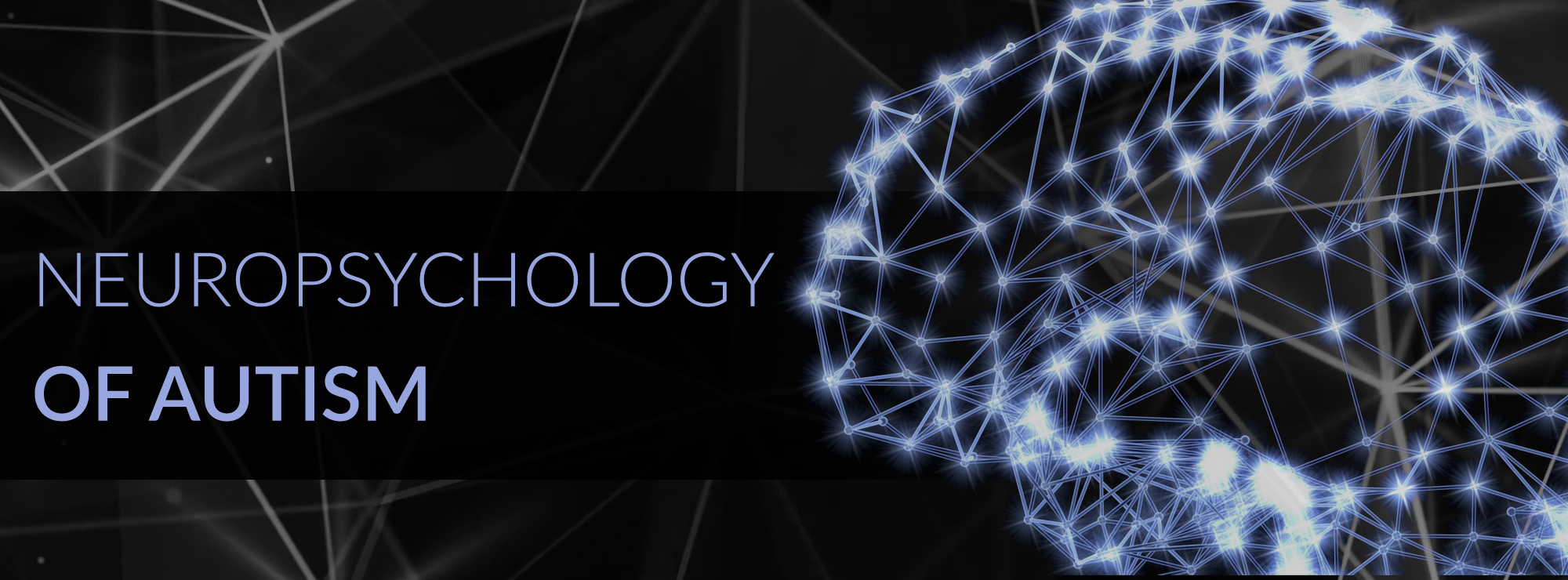Deciding on topics for the assignments of my studies in neuropsychology are an easy task for me. I took up this learning because I wanted to understand the autistic brain. Now that we are in the modules regarding aural processing, it feels only natural that I – as an autistic musicologist and musician – write about the autistic brain on music. Hashtag “cognitive music science” or “psychology of music” or “neuromusicology”. But what exactly do those terms mean?
Popular books launched public discussions about the function and effect of music in the brain. As a teenager, I read and re-read all that Oliver Sachs had written on the brain on music. And nowadays, in the Netherlands, we have the enthusiastic professor in neuropsychology Erik Scherder, who often talks in public and on TV about the topic. The controversial ‘Mozart effect’ emerged and sparked passionate debates among scientists, parents and the public because it affected education, intelligence and classical music listening (Taylor & Rowe, 2012). Since its development, a host of empirical studies have been conducted to grow the field in question; consequently, leading to increased public interest and support for music psychology and its neurological component: neuromusicology.
Neuromusicology is an experiential field of science which combines both psychology and musicology. It attempts to dissect and comprehend musical behavior and experience including musical performance, composition, development and analysis (Cross & Deliege, 1993). Additionally, music psychology can be used to expound on the non-psychological aspects of musicology and music practice. Combining all the above, scientists have also used the label “cognitive music science” as an umbrella term for everything that combines cognitive science (eg neurology, psychology) with music science (eg musicology).
Before 1860, research in the field of music was primarily concerned with the mathematical modelling of music elements such as pitch and tone (Deutsch, 1984). The scientific revolution helped to further topics such as consonance, harmonic series and resonance thereby leading to a large volume of research to be documented concerning music. It was until the 19th century that music psychology began to sprout. Still a young and budding discipline, music psychology banked on centuries of acoustic study to develop structuralist psychology− a branch of psychology which attempted to break down experiences into small definable parts (Tan, Pfordresher & Harré, 2010).
Scientists such as Wilhelm Wundt used musical instruments such as the church organ and personal music experiences to explore rhythm, kinetic tension and relaxation. Gestalt psychology gave rise to the examination of human reactions toward musical tones. Additionally, there was a lot of interest from the public concerning the interaction between music and cognition (Gjerdingen, 2013) which contributed to the growth of the discipline.
The term ‘science of music’ seems to be used first in 1963 by F. Chrysler who was working on a book for musical knowledge. Markedly, the 20th century witnessed the growth of music psychology to cover a wide array of theoretical and applied areas. A lot of research focused on affective responses to music, musical development and perception. The 1970s saw the founding of a national society in the United States and the development of journals, conferences, research groups and centers dedicated to the study of music theory and its interaction with cognitive science (Ockelford, 2009). Psychology of music emerged as an autonomous and interdisciplinary academic specialty in the 1980s. A lot of attention was channeled towards the study of perception and cognition as well as affective response (Pearce & Rohrmeier, 2012).
Presently, music psychology encompasses various branches including; neuromusicology, cognitive musicology, psychoacoustics and evolutionary musicology (McAdams, 1989). In addition to the study of music’s impact on the brain and everyday life, and musical experiences, the psychology of music also delves into various applied areas of research including; music and health, music and productivity, musical aptitude, and musical education.
In conclusion, neuromusicology is concerned with the neuropsychological processes involved in listening to music, playing music, composing and writing music, with the aid of computation, empirical and theatrical models. It encapsulates interdisciplinary research by and from psychologists, musicologists and computer scientists.
To be continued… 😉
References
Cross, I. & Deliege, I. (1993). Introduction: Cognitive science and music—an overview. Contemporary Music Review 9(1&2): 1-6. Retrieved from: https://www.tandfonline.com/doi/pdf/10.1080/07494469300640291
Deutsch, D. (1984). Psychology and Music. In: M. H. Bornstein (Ed.) Psychology and its Allied Disciplines (155-194). Hillsdale: Erlbaum.
Gjerdingen, R.O. (2013). Psychologists and Musicians: Then and Now. In The Psychology of Music. Academic Press.
McAdams, S. (1989). Introduction: The many faces of human cognition in musical research and practice. Contemporary Music Review 4: 1-7. Retrieved from: https://www.tandfonline.com/doi/pdf/10.1080/07494468900640171
Ockelford, A. (2009). “Beyond music psychology”. In S. Hallam, I. Cross, M. Thaut (Eds.) The Oxford Handbook of Music Psychology. Oxford: Oxford University Press. p. 539.
Pearce, M. & Rohrmeier, M. (2012). Music Cognition and the Cognitive Sciences. Topics in Cognitive Science 4(4): 468-484. Retrieved from: https://onlinelibrary.wiley.com/doi/full/10.1111/j.1756-8765.2012.01226.x
Tan, S., Pfordresher, P. & Harré, R. (2010). Psychology of Music: From Sound to Significance. New York: Psychology Press. p. 2Taylor, J.M. & Rowe, B.J. (2012). The “Mozart Effect” and the Mathematical Connection. Journal of College Reading and Learning, 42(2). Retrieved from: https://files.eric.ed.gov/fulltext/EJ972860.pdf
